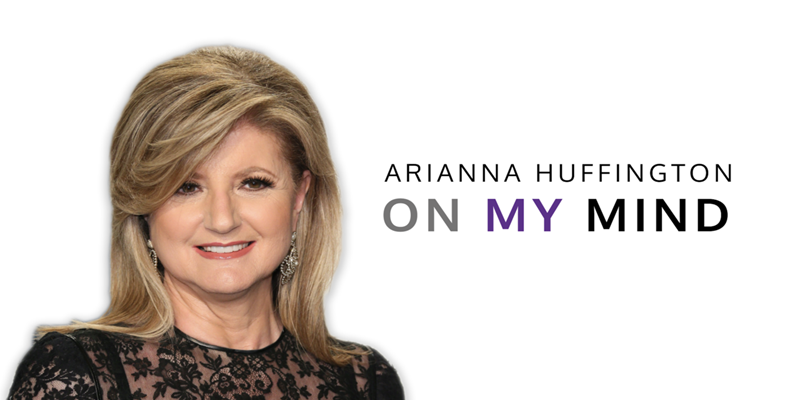Predictions and Hopes for 2023

As Pliny the Elder said, “The only certainty is that nothing is certain” (which I imagine Pliny the Younger got tired of hearing). But the last few years have certainly proven his wisdom. We’re in an age defined by uncertainty, but all the same, looking out at the landscape of the world of work, we see certain trends emerging. Here are six of my predictions and hopes for the coming year. As another saying goes, the best way to predict the future is to create it.
1. Burnout will cease to be a badge of honor.
For years, we’ve been seeing a shift toward a culture where bragging about burnout is finally seen as a red flag — not a badge of honor. But 2022 was the year when the tide truly turned, thanks to Elon Musk’s master class in how not to lead and make decisions as CEO of Twitter. On the one hand, Musk’s burnout-fueled decision-making was a regression — a step, or many steps, backwards, given what we know about the connection between human energy and peak performance. But on the other hand, he showed us the vivid results of that backward-looking model: total chaos. The Elon Twitter reign has been both a cautionary tale and a teachable moment we can all apply in our own work and life. And the lesson is clear: we only have so much cognitive energy — and what we choose to spend it on, and how we renew it, really matters.
2. The role of chief people officer will become increasingly important.
In the past, at big company moments, it was often the CEO and CFO breaking the news to employees, shareholders and other stakeholders. A distinctive feature of the pandemic has been to raise the profile of chief people officers, who are visibly helping CEOs manage the present and lead their companies into the future. Given the people needs at companies today — including burnout, mental health, engagement, productivity and retention — chief people officers are every organization’s first responders and their role will only continue to grow in importance.
3. The Human Energy Revolution will pick up steam.
The Human Energy Revolution is about the culture catching up with the science on how humans recharge and achieve peak performance. It’s also about acknowledging the truth that life should not revolve around work but around our full humanity, which includes work but also includes nurturing our health and well-being, our relationships, our capacity for wonder and joy and for giving back. We’re in a period of profound transformation, shifting the center of gravity toward a much broader definition of who we are.
4. Investing in employee mental health, well-being and company culture will expand — even in uncertain times.
Most companies responded to the challenges their employees faced in the pandemic by expanding mental health and well-being initiatives. Even in an uncertain economic landscape, the most forward-thinking companies will continue — and even scale — those programs, realizing that it’s in challenging times when we most need to double down on mental health, well-being and resilience. 2023 will be about retention, productivity and cultural transformation.
5. Gaming and the metaverse will be the new frontiers for mental health and well-being.
Given the scale of the mental health crisis, and the hundreds of millions of people already playing video games, gaming could be the next game changer for mental health. Gaming isn’t where most people would think to improve mental health, but there is no better way to help people improve their lives than meeting them where they are. And where three billion people are — more than a third of the world’s population — is on gaming platforms.
6. The culture shift on well-being will leave quiet quitting behind.
The trend of quiet quitting gave people a framework to reject burnout. In the year ahead, we’ll go beyond that and affirm a way of working that allows us to truly thrive. Quiet quitting is a response to a very real problem — the global epidemic of stress and burnout — but accepting a lack of joy and engagement is not a solution. The idea that burnout and quiet quitting are our only options is a false choice — we can both be engaged by our work and not burn out.
Thrive's founder and CEO
